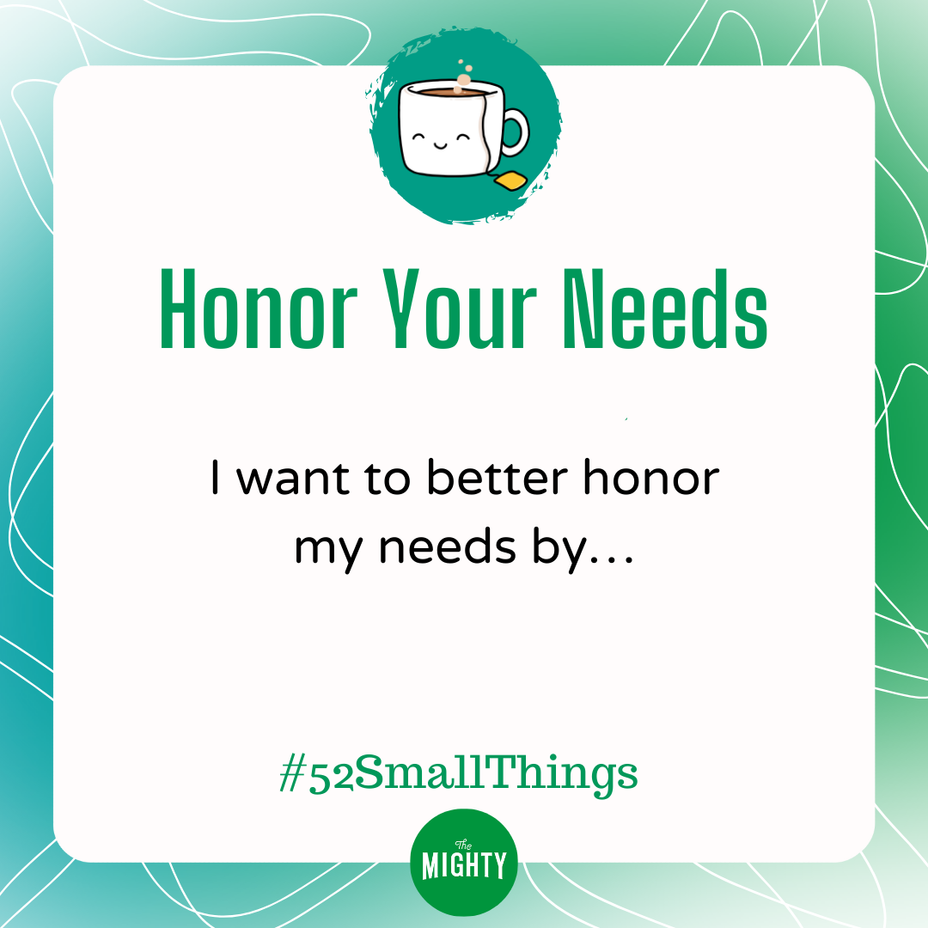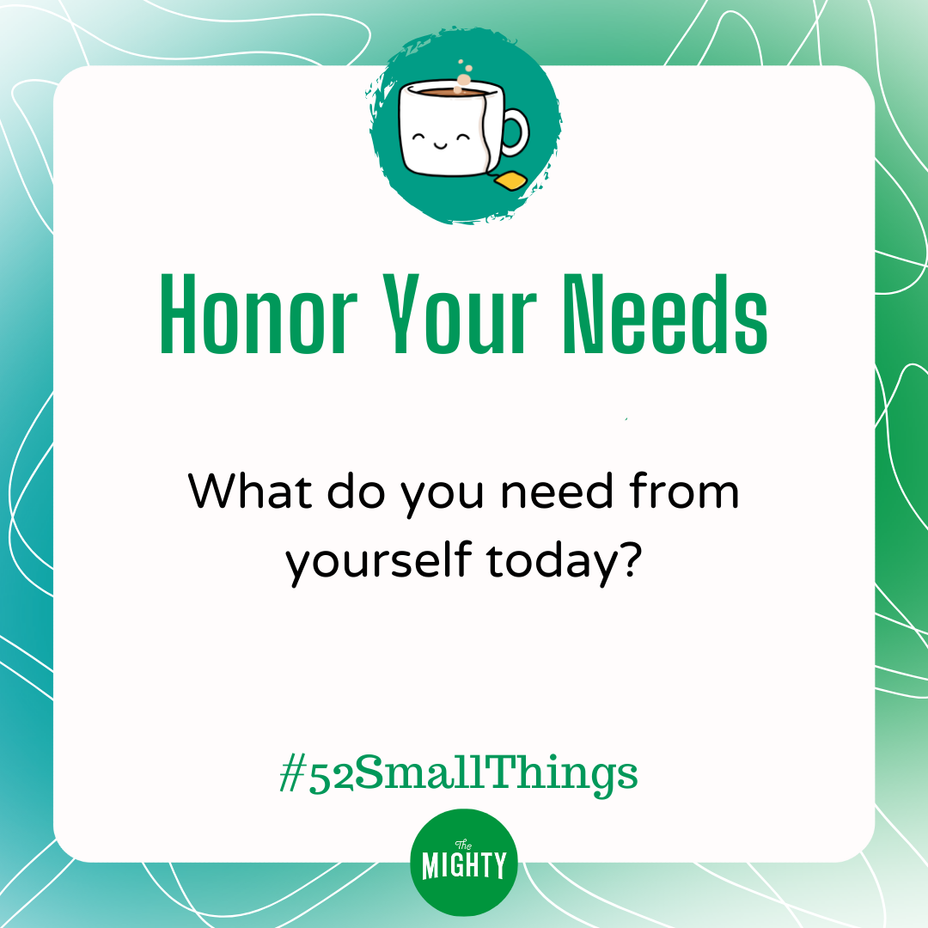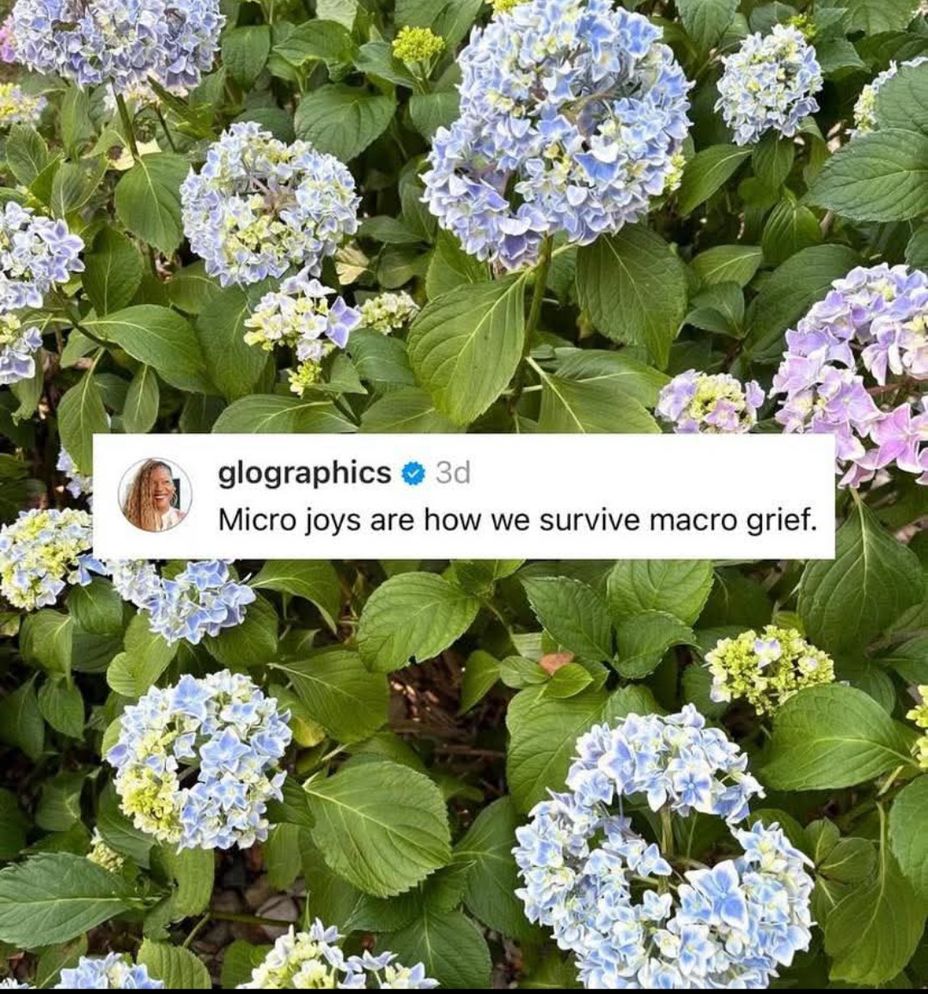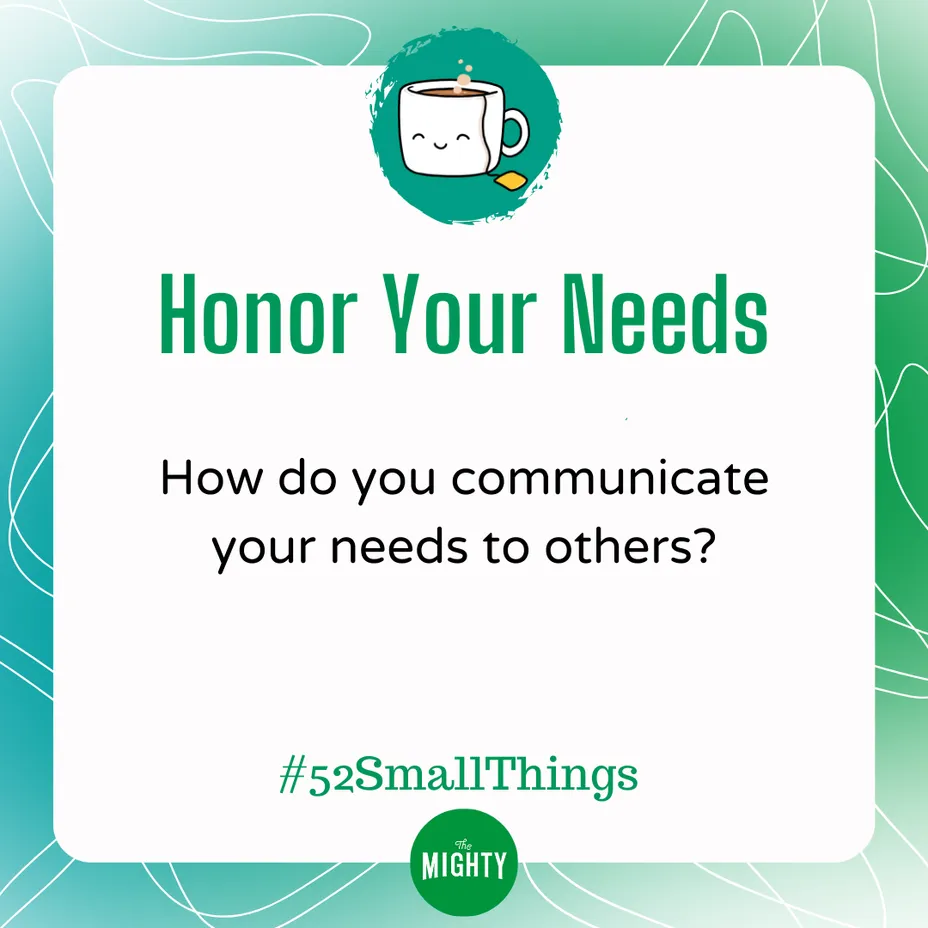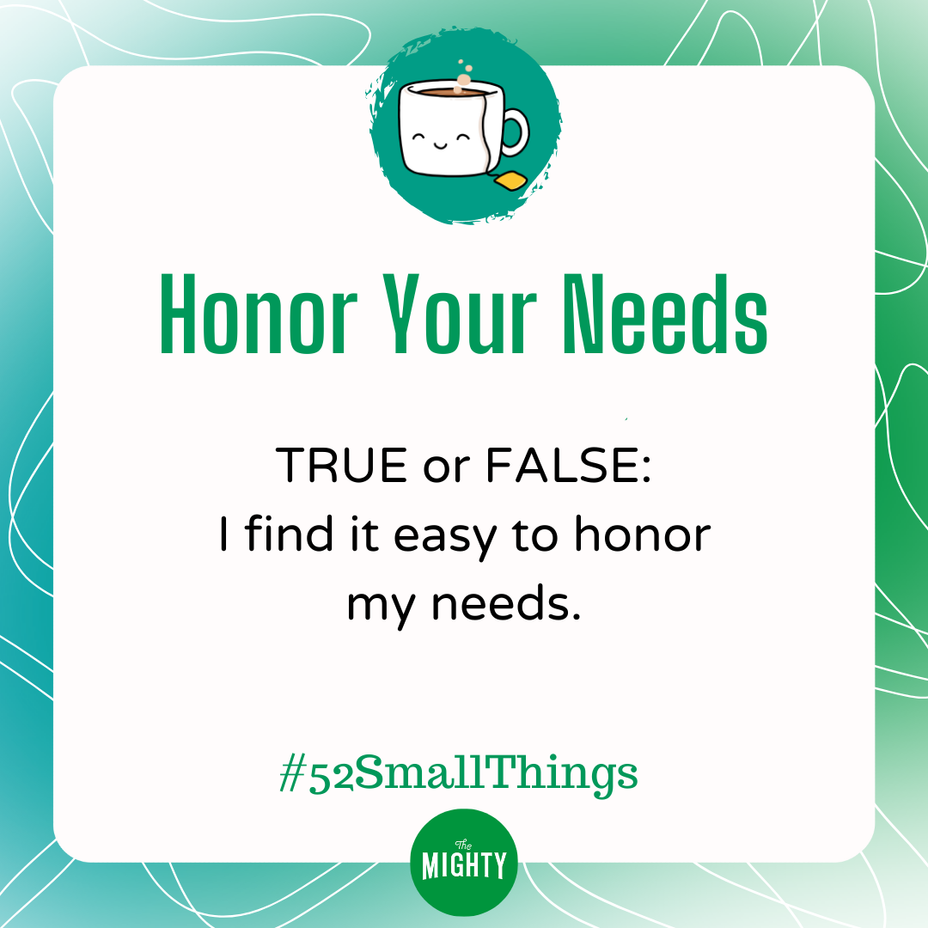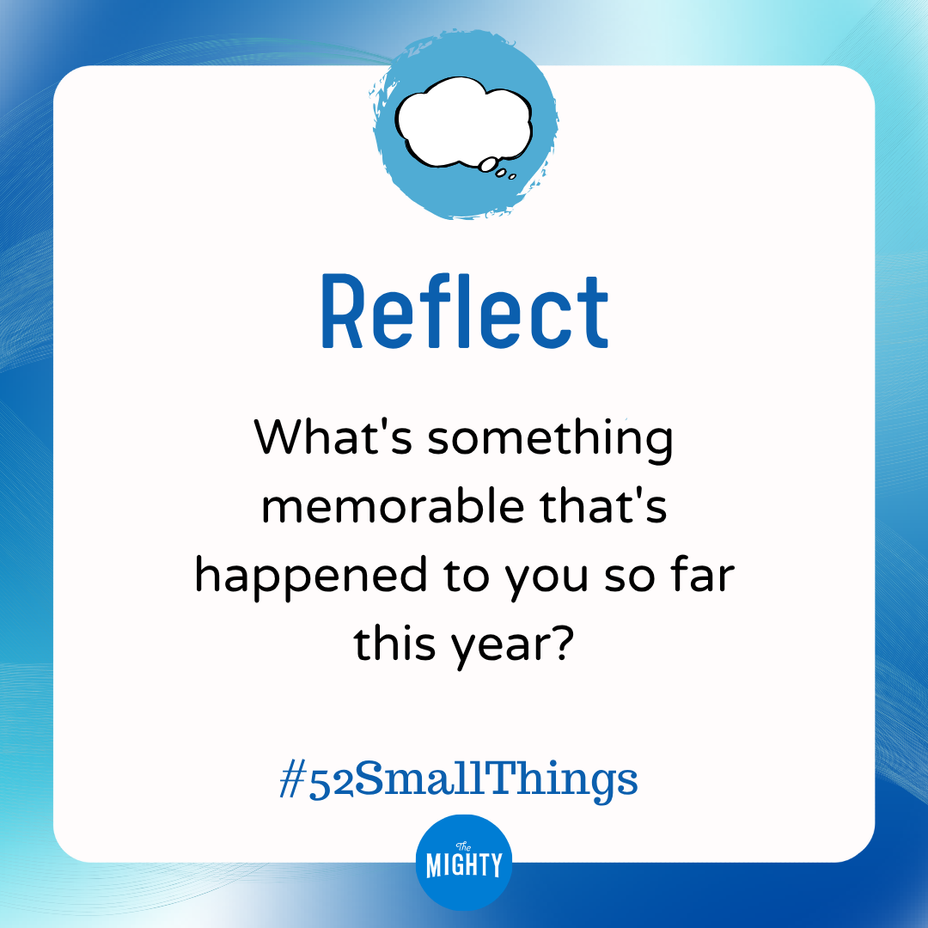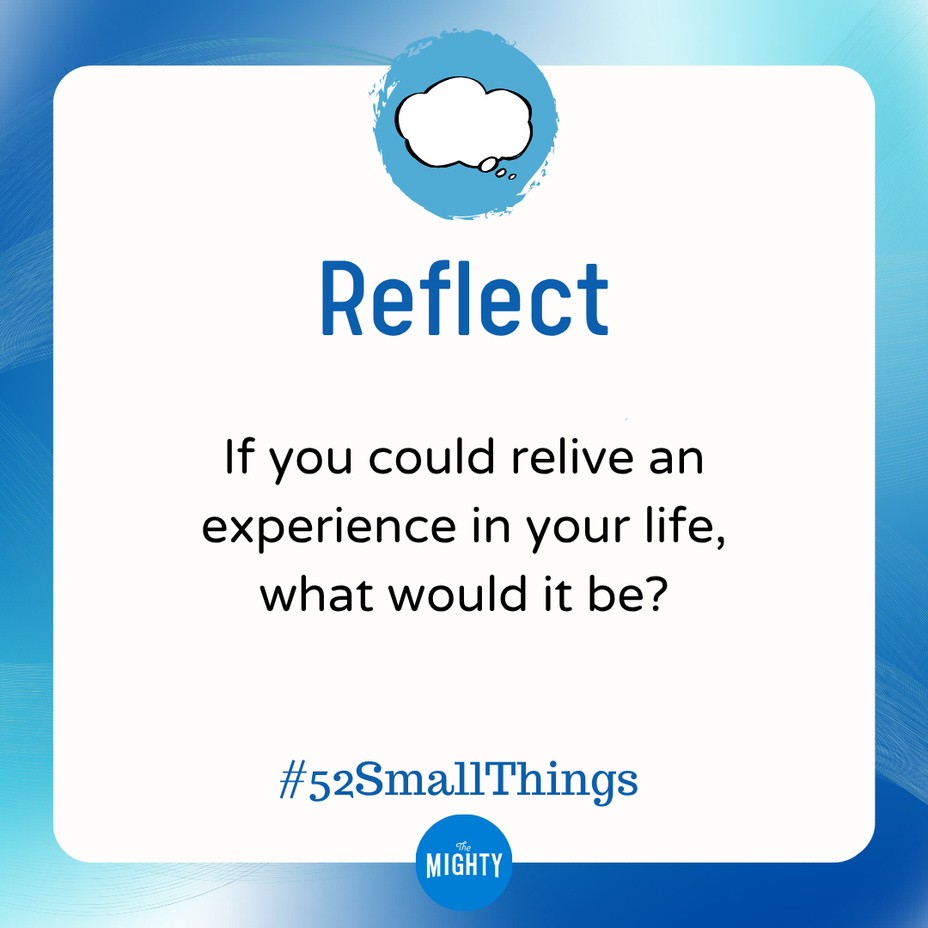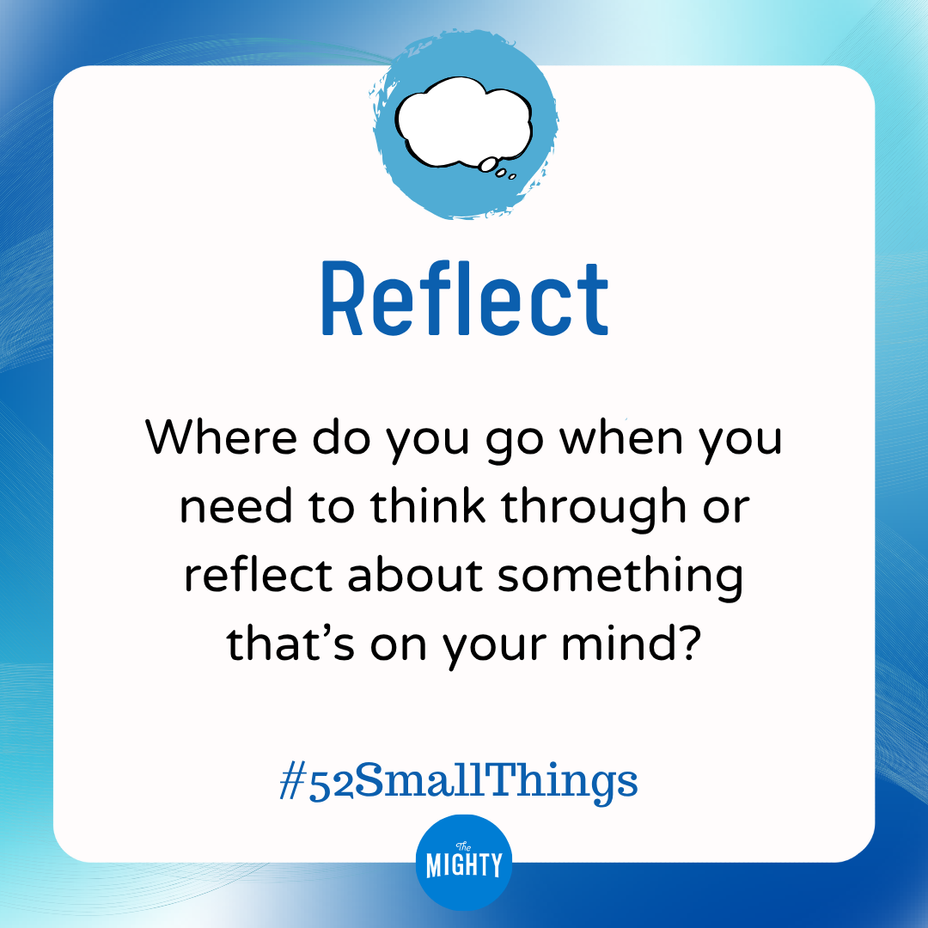Hey Mighty fam!
We wanted to check in about something important.
Lately, we’ve seen a noticeable uptick in scammer accounts trying to sneak into our space. We’re constantly removing them behind the scenes, but some might slip through for a bit — and we want you to know what to watch for so you can stay safe.
🔍 Here are some common red flags:
💬Overly flattering messages out of nowhere especially ones that feel romantic or too personal for a stranger.
📸 Profile pics that seem too polished like stock photos, military uniforms, or glamour shots.
🌎 Big stories that feel a little dramatic or distant like “I’m a doctor overseas” or “traveling for work and looking for someone to talk to."
🚩 If they ask to move the conversation off The Mighty to WhatsApp, Google Meet, or email — that’s a red flag. These are known scammer hotspots, and it’s often a sign something’s not right.
💸 Asking for money, personal info, or help even if it’s subtle or they try to guilt you.
🔗 Weird links especially shortened URLs or anything that feels out of place.
💡A few things to keep in mind:
If something feels off, it probably is. Trust your gut.
You can block and report anytime we’d much rather check something harmless than miss something serious.
And if you’ve ever been targeted, it’s not your fault. These people are skilled manipulators and you’re not alone.
🛡️How to Report:
For posts or comments: Tap the three dots in the top right corner and select “Report.” That sends it straight to our moderation team to review.
For direct messages: Tap the shield icon in the upper right corner and choose “Alert Staff.” You’ll be able to send up to five messages that show what made you uncomfortable.
We built The Mighty to be a supportive, safe place — and with your help, we’ll keep it that way.
💙Thanks for being part of this community. Stay kind. Stay sharp. And as always, we’ve got your back
#MentalHealth #ChronicIllness #Disability #CheckInWithMe #RareDisease #Selfcare #ChronicPain #Anxiety #Depression #AutismSpectrumDisorder #Parenting #PTSD #BorderlinePersonalityDisorder #BipolarDisorder #Fibromyalgia #Lupus #MultipleSclerosis #Migraine #Spoonie
